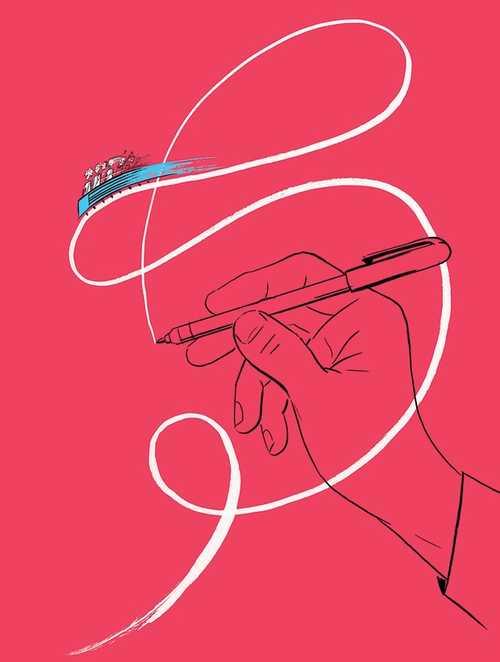Thrill seekers: Why do we love rollercoasters?
Curated from: sciencefocus.com
Ideas, facts & insights covering these topics:
4 ideas
·1.11K reads
Explore the World's Best Ideas
Join today and uncover 100+ curated journeys from 50+ topics. Unlock access to our mobile app with extensive features.
Roller coasters and our search for thrill
Rollercoaster rides are closely linked with the physical sensation we get from the world. The rides are successful because they can force an emotional experience.
On a ride, people's emotions change continually from extreme excitement, delight, joy, happiness to terror, horror, and even boredom. The thrill we get from the ride isn't an emotion itself. The thrill is in the change in emotions.
65
431 reads
People enjoy being challenged
There are four different aspects to sensation-seeking:
- Thrill-and adventure-seeking, which has to do with a high adrenaline experience.
- Experience-seeking. People who like unusual experiences.
- Disinhibition. People who might like to scream on a rollercoaster and give in to their emotions.
- Resistance to boredom.
Generally, people that go out to amusement parks want to be challenged and taken to the edge of danger, but ultimately still want to be safe.
57
256 reads
The rollercoaster design
Several things have to be considered to design a roller coaster ride: The cultural trends in society, novel technologies, and what people talk about. The wooden rollercoaster is popular in America, but not that much in the UK.
If the ride is too short, people won't be thrilled. If it is too long, every inch will cost tens of thousands of pounds.
48
197 reads
Reasons for thrill-seeking experiences
When we experience pleasure, the body releases dopamine that binds to receptors in the body, which gives us a sense of intense excitement. It can be a problem as it can lead to addictive behavior.
Some people have a defect, called a polymorphism, where the receptor can't efficiently bind to dopamine. The body needs to produce more dopamine to give the receptors a better chance of collecting it.
53
231 reads
IDEAS CURATED BY
Hashim I's ideas are part of this journey:
Learn more about personaldevelopment with this collection
How to practice effectively
The importance of consistency
How to immerse yourself in the language
Related collections
Similar ideas
6 ideas
14 Fun Facts About Roller Coasters
smithsonianmag.com
2 ideas
The Science Behind Why We Love Risk
outsideonline.com
3 ideas
Read & Learn
20x Faster
without
deepstash
with
deepstash
with
deepstash
Personalized microlearning
—
100+ Learning Journeys
—
Access to 200,000+ ideas
—
Access to the mobile app
—
Unlimited idea saving
—
—
Unlimited history
—
—
Unlimited listening to ideas
—
—
Downloading & offline access
—
—
Supercharge your mind with one idea per day
Enter your email and spend 1 minute every day to learn something new.
I agree to receive email updates

